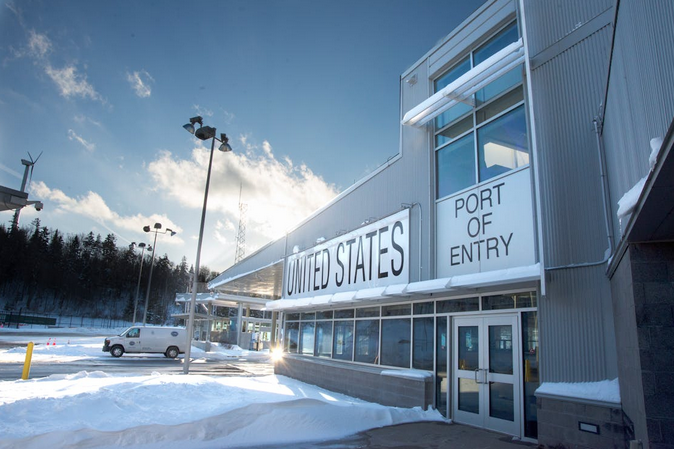Immigration is a complex and dynamic field that often involves legal challenges, disputes, and appeals. For individuals navigating the immigration system, understanding their rights and legal options is crucial. In this friendly and informative article, we’ll explore the role of immigration lawyers in resolving disputes and challenges through appeals and litigation, empowering individuals to navigate the complexities of immigration law with confidence.
Understanding Immigration Appeals and Litigation

Immigration appeals and litigation refer to the legal processes through which individuals challenge immigration decisions, seek redress for grievances, and defend their rights in immigration matters. These processes may involve appealing denials of visas, green cards, asylum applications, deportation orders, or other immigration-related decisions. Immigration lawyers play a pivotal role in representing clients during these proceedings and advocating for their best interests.
Expertise in Immigration Law
Immigration lawyers are legal professionals who specialize in immigration law and procedures. They possess in-depth knowledge of immigration statutes, regulations, policies, and case law, allowing them to navigate the complexities of the immigration system effectively. Whether handling appeals before immigration courts, administrative bodies, or federal courts, immigration lawyers provide informed guidance and strategic representation to clients facing immigration challenges.
Ground Assessment for Appeals

One of the key roles of immigration lawyers is to assess the grounds for immigration appeals and determine the viability of pursuing legal remedies. They review immigration decisions, examine case documents, analyze legal precedents, and identify potential errors, inconsistencies, or violations of law that may warrant an appeal. By conducting thorough assessments, immigration lawyers develop strong legal arguments and strategies to challenge adverse decisions and seek favorable outcomes for their clients.
Preparation for Appeals
Immigration lawyers are responsible for preparing and presenting appeals on behalf of their clients. This includes drafting legal briefs, compiling supporting documentation, conducting legal research, and preparing witnesses for testimony. Immigration lawyers use their advocacy skills and expertise to present compelling arguments, challenge adverse findings, and advocate for the rights and interests of their clients during appeal hearings or court proceedings.
Negotiation and Settlement

In some cases, immigration lawyers may engage in negotiation and settlement discussions to resolve immigration disputes outside of formal litigation. They may negotiate with immigration authorities, government agencies, or opposing parties to reach mutually acceptable resolutions that protect their client’s rights and achieve favorable outcomes. Negotiation skills, legal acumen, and a thorough understanding of immigration law are essential for the successful resolution of immigration disputes through negotiation and settlement.
Immigration lawyers play a vital role in resolving immigration disputes and challenges through appeals and litigation. Their expertise, advocacy skills, and commitment to protecting clients’ rights are instrumental in navigating the complexities of immigration law and achieving favorable outcomes. By providing legal representation, strategic guidance, and compassionate support, immigration lawyers empower individuals to navigate immigration appeals and litigation with confidence, resilience, and a pathway toward legal resolution and immigration success.

